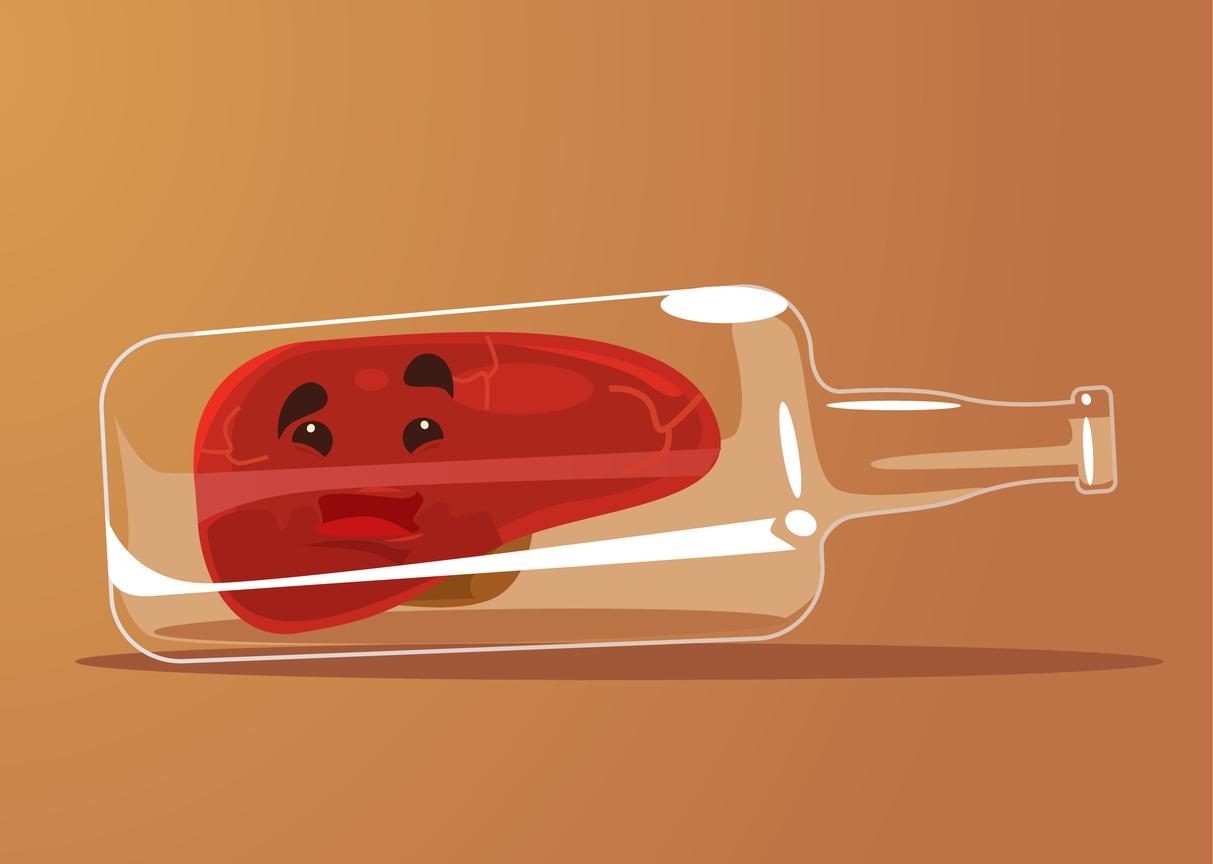From stroke to diabetes via acne, 90% of diseases are caused by stress, according to American scientists from the University of California. We take stock.

It is an insidious evil, to the point that we are not always aware of it. However, the stress would be, according to a new study, the cause of 90% of pathologies. One in four employees is today too stressed at work, to the point of putting themselves in danger. “We can make an analogy with hypertension: everyone has blood pressure, the problem is when we have too much”, explains to the New Obs Doctor Patrick Légeron, psychiatrist at Sainte-Anne hospital in Paris. The private sphere is not spared by the phenomenon, as recently demonstrated the facebook post of a mom in full burnout, which has gone viral on the web.
By scanning the medical news, it is possible to associate almost all illnesses with stress, both physically and psychologically:
autoimmune disease
A study just demonstrated that people with PTSD (post-traumatic stress disorder) were 46% more likely to develop one of the 41 existing autoimmune diseases, and more than twice as likely to develop at least three autoimmune disorders, compared to adults without stress disorder.
Autoimmune diseases like multiple sclerosis, celiac disease, Crohn’s disease, psoriasis and rheumatoid arthritis arise when the immune system mistakenly attacks the body, incorrectly detecting foreign invaders, or antigens.
Cardiometabolic diseases
According to a new search published in Lancet Diabetes and Endocrinology, individuals suffering from cardiometabolic disease and work stress have a much higher risk of mortality than those who work peacefully.
Cardiovascular diseases (atherosclerosis, infarction, heart failure, etc.), when they develop in the same patient, are often associated with metabolic diseases, that is to say characterized by disturbances in the metabolism, in particular sugars (diabetes) and lipids (obesity, dyslipidemia). We therefore speak of cardiometabolic diseases or syndromes.
Cardiovascular illnesses
Published in the prestigious Lancet, A try indicates that an increase in stress is associated with a 1.6 times higher risk of a cardiovascular event. This includes strokes, heart attacks but also chronic diseases of the cardiovascular system (peripheral arterial disease, heart failure, angina pectoris).
When analyzing the results, the researchers focused on the activity of the amygdala, a brain region involved in the expression of stress.
Skin diseases
Stress is “an important factor in triggering and maintaining an acne breakout, recalls Laurent Misery, head of the dermatology department of the University Hospital of Brest. This is not surprising since the sebaceous glands are very sensitive to substance P and corticosteroids, two neurotransmitters produced under stress by neurons present in the cutaneous nervous network.
More broadly, these chemical mediators are known to aggravate many skin diseases with an inflammatory component: psoriasis, atopic eczema, herpes… “In the event of a stressful event, they are not only released into the brain or the adrenal glands and then into the flow blood, but also directly in the cells of the skin”, continues the doctor.
Above all, the more a patient suffers from a skin disease, the more he stresses, and the more he stresses, the more his disease intensifies. “It is necessary to explain to patients that it is more than normal to react physically to stress and that, in certain cases, psychotherapies and psychotropic drugs can be useful to them”, insists Laurent Misery.
Hypertension and diabetes
Stressed adolescents make hypertensive adults, as revealed by a large research American published in the journal Heart. This work shows that a low resistance to stress during this period of life increases the risk of developing hypertension in adulthood.
In adolescence, poor management of stress can be felt in the long term. A study, published in the scientific journal Diabetology, indicates that the 20% of the most stressed young participants were 50% more likely to develop type 2 diabetes than the 20% of the least stressed. The researchers point out that the higher the resistance to stress, the lower the risk of diabetes.
Cancer
A research published in the BJM concluded that, compared to the stress-free group: “Mortality rates in the most stressed group consistently increased for all cancers combined, including cancers unrelated to smoking, colorectal carcinoma, prostate, pancreatic , esophagus and leukemia”.
Cognitive decline and depression
Poor stress resistance in young adults has also been linked to greater cognitive impairment 25 years later, reveals a study from the University of Geneva (UNIGE) published in the journal Neurology. The term “cognitive decline” encompasses diseases such as Alzheimer’s or Parkinson’s.
There is a strong biological link between stress and depression. This association was first established by the team of Dr. Stephen Ferguson, from the University of Western Ontario, by discovering a connecting mechanism in the brain.
Miscarriage
We are moving away from the notion of “disease”, but there are so many studies on the subject that they deserve to be stopped there. The review Scientific Reports explains that having been exposed to psychological stress in one’s lifetime can increase the risk of miscarriage by 42%.

.
















